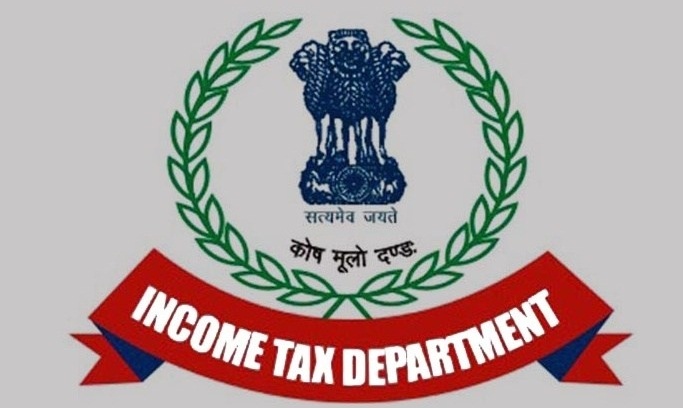TLI Staff
New Delhi: Resentment has been brewing among tax officers over dozens of their colleagues being compulsorily retired from service, but none wants to speak out fearing government ire.
Senior officers claim in private that the recent sacking order in many cases go against the principle of natural justice and seems aimed at taking political mileage. They argue that all government employees come from the same society and hence it was not possible that only tax department has all the crooks.
“The recent move has demoralised the department. There is anger but who will speak against it. In many cases where officers have been force-retired, it is premature move if not unfair,” said a senior Income Tax officer.
He stressed that no corrupt officers should be shielded but at the same time opportunity should be given to appeal against an adverse decision.
“Some of the actions are based on 5-10 year old cases. If at all there was something wrong, it was done 2 years back, five years back. There is nothing new. But in any case, fair trial must take place,” the officer said.
In four batches, the Finance Ministry has in the past few months compulsorily retired 64 tax officers under Fundamental Rule 56 (J) that gives the central government as employer absolute right to sack an employee.
Several officers removed from the service under rule 56 (j) have appealed against the government order in the Central Administrative Tribunal (CAT) but are miffed over the delay in judicial proceedings. They feel that justice may be delayed in their cases which would effectively mean justice denied.
A senior official in the Central Board of Direct Taxes (CBDT) endorsed government move to remove officers for graft and misconduct but wondered why the focus has been only on revenue officers. He noted that sacking is certainly not a happy situation “either for those already shown the exit door or any of us” and it was a matter of concern.
The Fundamental Rule 56 (j) of CCS (Pension) Rules provides for performance review of government servants to assess whether they are to be retained or retired from service in public interest.
While revenue officers have been in spotlight over government invoking the Rule 56 (j), the disquiet has spread among elite Indian Administrative Service (IAS) officers also. A senior IAS officer pointed out that there is a lot of subjectivity involved in the rule and it can be misused to fix anyone.
“One needs to just see and analyse some blue-eyed positions held by people. You would find there have been people who held key positions despite some charges or the other against them in the past. A rule should be used uniformly and there should not be pick and choose,” he said.
Also read | RBI cuts repo rate by another 25 basis points to make loans cheaper, push growth
Also read | Privatization of more airports to reduce AAI’s status to landlord, poses job risk to its staff

